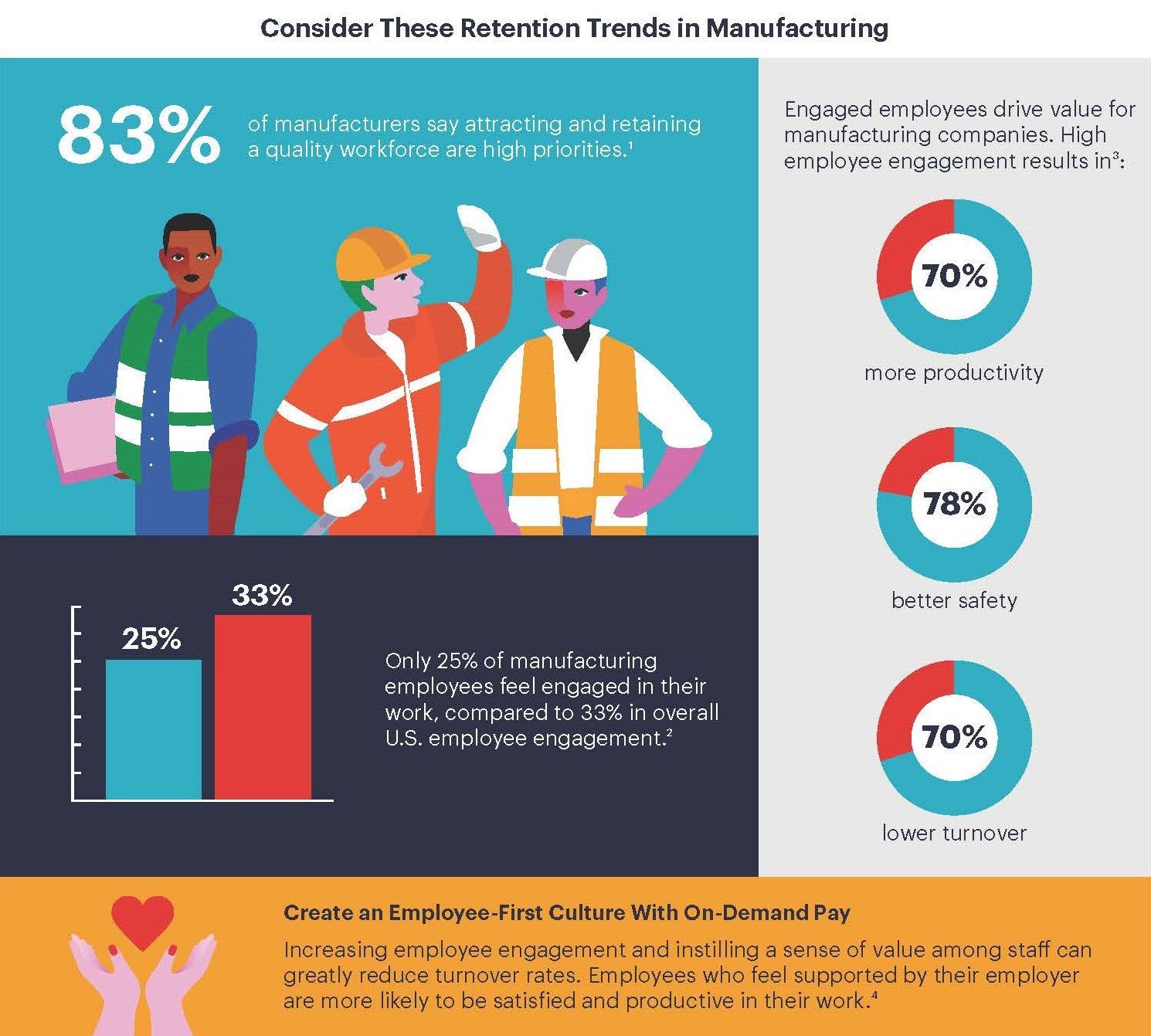How Does a BBQ Improve Employee Retention?
In 2011, The University of New South Wales completed one of Australia’s most comprehensive research studies into what creates a High Performing Team. It is widely referenced in contemporary leadership development programs today, with many actionable findings and evidence pointing to this concept of a “great place to work”. I’d encourage any leader who wants to build a high-performing team to dive deep into its findings and look at implementing some of them in your own business.
And I know it’s from the US, but this correlation is pretty compelling. Fortune 100’s “Best Companies to Work For” consistently outperform the S&P 500 in terms of stock market returns. Additionally, a study by the University of Warwick found that happy employees are up to 20% more productive than their unhappy counterparts.
There is a lot of research out there which all points to the same thing: great place to work = good company performance. Whether or not you measure that, it’s hardly surprising that some good times, a bit of goodwill and recognition makes a positive difference to how you perform as an organisation.
Retention
The term "employee retention" refers to an organisation’s ability to keep its employees engaged, motivated, and committed to the company over time. High levels of retention are synonymous with high performing organisations.
Retention and BBQ’s
The humble work BBQ is a great way to bring people together, show some appreciation and reinforce that fun, positive work culture. And all of that feeds into improved retention.
We often combine our barbequing talents with clients. We love to cook up the good stuff including halal meat, homemade burger patties, marinated chicken and even a roast on a spit! Much more than a sausage in a bun, and people definitely appreciate the extra effort.
Most businesses try and put on something, even if it’s the Christmas wind up, and the extra effort is worth it. However, doing things that will be engaging, motivating and create a positive work environment is more than just BBQ’s or things like breakfast or bringing in the mobile pizza van. But done well, the staff BBQ is a fantastic part of your retention mix.
The Retention Mix
It’s all about context and the bigger picture. If people are treated badly or you have negative culture, no amount of BBQ’s will make up for that. It’s all about creating a mix of activities and behaviours that are sustained day after day and are aligned towards improving retention.
The research is clear; when you’re improving retention, your business is performing better. So, what are the things you should consider and look to invest more in to help improve retention?
- Hire the right employees the first time.
- First, identify your ideal employee and how you can convince them to apply. Then, update your hiring process and job description to reflect this. Find some tips to recruiting the right person in our blog 'Secrets to Recruiting the Right Talent'.
- Understand the perks and benefits your employees want, you’ll be surprised that it’s not always about money.
- Set clear goals and expectations for your employees.
- Support your employees with hands-on training, mentoring and constructive feedback.
- Create a 3 month or longer-term employee onboarding program, which includes, but is not limited to, on the job training and assessment, connection with Team members and compliance.
- Offer a clear career path with opportunities for growth.
- Employees look for development opportunities in any job. If they feel stagnant in their role, they’ll look for new opportunities that help them grow.
- Create and maintain a positive company culture, this is heavily driven and influenced by leader/manager attitude.
- Include events like the BBQ that bring people together, to build stronger Team comradery.
- Recognise employees for their work.
- This can be as simple as regularly thanking your staff or investing in employee recognition programs and activities.
- Build solid working relationships with your people and keep communicating, particularly on a one-on-one basis.
Image Credit: dailypay.
Employee retention is essential for business and operational success. Workplace BBQ’s are a fantastic way to help improve retention and performance, but it’s one part of a multi-faceted approach that includes creating a positive work environment, offering opportunities for career growth and development, recognising and rewarding employees, and communicating effectively.
If you’d like to find out how IRP can help you with employee retention, feel free to call us on (08) 9477 7999 or email hello@irp.net.au.
Join Our Mailing List
Interested in receiving the latest industry news, HR and safety advice, and recruitment and retention tips straight to your inbox each month? Sign up to our mailing list below!












